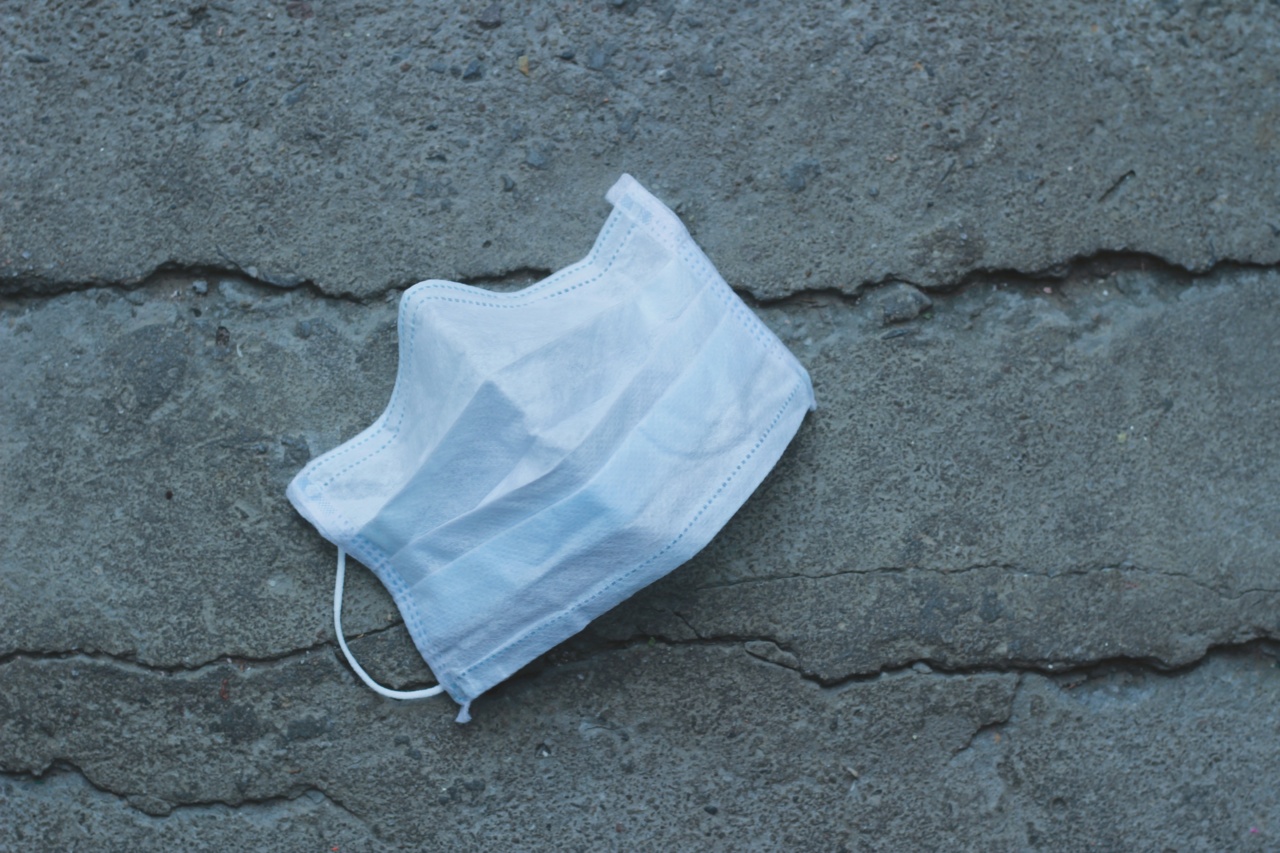Bladder stones occur when there is a build-up of minerals in the bladder that crystallize and form small stones. These stones can cause discomfort, pain and urinary problems, and may even require surgery to remove.
However, with the right approach, bladder stones can often be prevented from forming in the first place. Here are 5 effective prevention strategies you can use to keep your bladder healthy and free from stones.
1. Drink plenty of fluids
One of the most effective ways to prevent bladder stones is to stay well hydrated. Drinking plenty of fluids throughout the day can help to flush minerals and other substances out of the bladder, reducing the risk of stone formation.
Aim to drink at least 8-10 glasses of water per day, and include other fluids like tea, coffee and fruit juice as well.
2. Limit your intake of certain foods
Certain foods can encourage the formation of bladder stones, so it’s important to limit your intake of these where possible.
Foods that are particularly high in oxalate, like spinach, rhubarb and chocolate, can lead to the formation of calcium oxalate stones. Similarly, foods that are high in purines, such as red meat, can increase the risk of uric acid stones. By limiting your intake of these foods, you can reduce your risk of developing bladder stones.
3. Urinate regularly
One of the most common causes of bladder stones is urinary retention, where urine is left in the bladder for too long. This can cause the minerals in the urine to crystallize and form stones.
To prevent this, try to urinate regularly throughout the day, and don’t hold in urine for too long. If you find yourself needing to urinate frequently, it’s important to get this checked out by a doctor, as it could be a sign of an underlying problem.
4. Practice good hygiene
Bladder infections can also increase the risk of bladder stones, as they can cause inflammation and irritation in the bladder. To reduce your risk of developing an infection, it’s important to practice good hygiene.
This means wiping from front to back after using the bathroom, and making sure to clean the genital area thoroughly. If you are prone to urinary infections, your doctor may prescribe antibiotics or other medications to help prevent them.
5. Get regular check-ups
If you are prone to bladder stones, it’s important to get regular check-ups from your doctor. They will be able to monitor your bladder health and make recommendations for any changes you need to make to your diet or lifestyle.
In some cases, they may even prescribe medications to help prevent stone formation. By staying on top of your bladder health, you can reduce your risk of developing bladder stones and enjoy better overall health and wellbeing.
By following these 5 effective prevention strategies, you can help to reduce your risk of developing bladder stones and keep your bladder healthy and functioning properly.
Remember, prevention is always better than cure, so take steps to look after your bladder health today.































